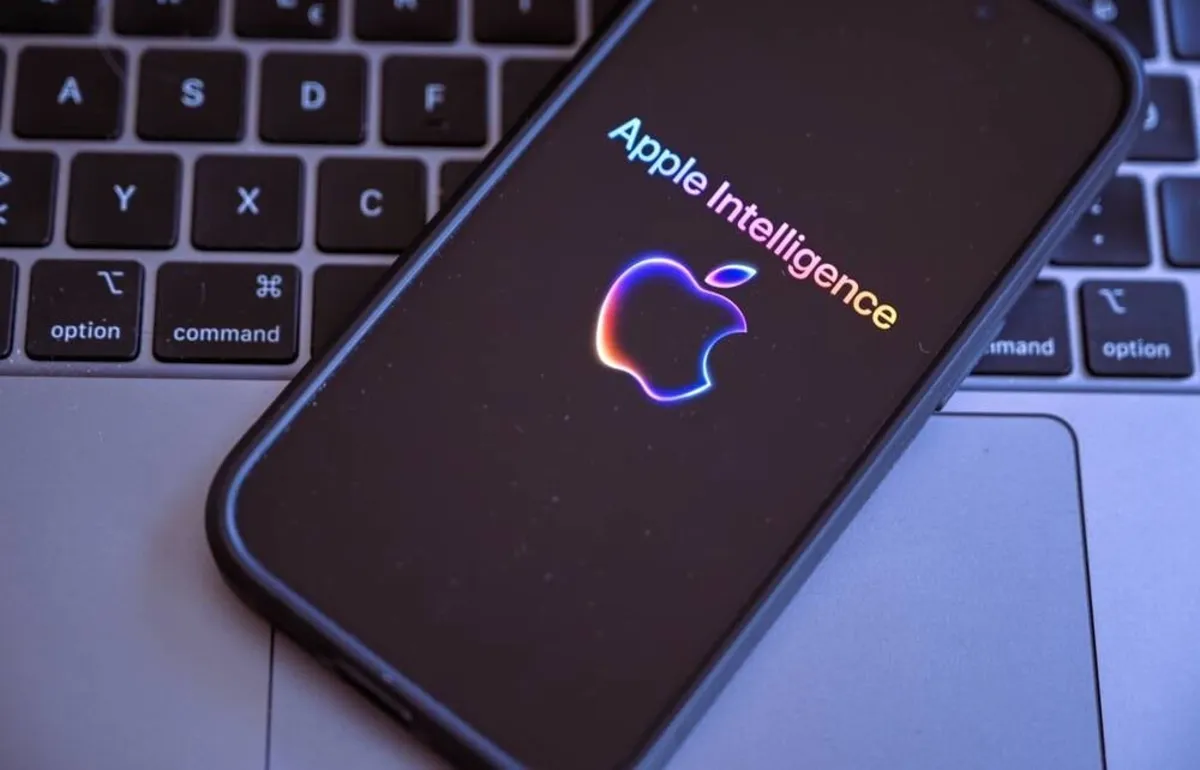
On Wednesday, Apple was hit with a lawsuit in a US federal court, accused of misleading consumers regarding the AI capabilities of its digital assistant, Siri. The complaint, filed by plaintiff Peter Landsheft as a proposed class action, claims that Apple launched a marketing campaign in mid-2024 for its iPhone 16, boasting revolutionary features powered by what they termed "Apple Intelligence." However, these promised features have yet to be realized.
The lawsuit outlines several allegations, including violations of the California Unfair Competition Law, the California False Advertising Law, and the California Consumers Legal Remedies Act. It also alleges fraud, negligent misrepresentation, and breach of contract. The complaint asserts that Apple misled millions of consumers into purchasing new iPhones under the pretense of advanced features that do not exist, thereby breaching multiple consumer protection laws.
The legal document argues that Apple has now admitted that the much-touted Apple Intelligence features, including enhancements to Siri, were non-existent at the time of the iPhone 16 launch and continue to be unavailable. The complaint cites various claims made by Apple in press releases, showcasing their promises for future Siri capabilities. For instance, Apple claimed that Priority Notifications would highlight important information and that Siri would evolve to understand a user's personal context to provide tailored intelligence.
Since its Worldwide Developer Conference in 2024, Apple has been vocal about the potential of its Apple Intelligence platform, which encompasses various AI functionalities across its devices. CEO Tim Cook referred to this technology as "profound." However, despite notable advancements in Apple Private Cloud Compute to enhance privacy for cloud-based AI models, the features released thus far have disappointed consumers and industry analysts alike.
Earlier this month, Apple informed media outlets, including Reuters, that some planned improvements for Siri's AI personalization would be delayed until 2026. This acknowledgment has led to further claims in the lawsuit that Apple has misled consumers about the AI capabilities of the iPhone 16, prompting them to purchase a device they may have otherwise avoided in favor of competitors.
The lawsuit paints a picture of Apple struggling to keep pace in the AI race, particularly as rivals like Microsoft, Alphabet, Amazon, and Meta have made significant strides. While being ahead in AI development may seem advantageous, there is currently no evidence that these competitors are reaping profits from their investments. However, Apple’s recent executive shifts in its AI division suggest a recognition of the challenges it faces in delivering on its promises.
Notably, Apple has reportedly appointed Mike Rockwell, previously overseeing the VisionPro headset project, to manage Siri, replacing AI chief John Giannandrea. This change has led analysts, such as Benedict Evans, to speculate whether Apple's struggles indicate a deeper issue with its execution, reminiscent of the infamous Windows Vista.
As the lawsuit unfolds, Apple has yet to respond to requests for comment. Meanwhile, Siri continues to face scrutiny over its inability to adequately meet user expectations. The outcome of this legal action could have significant implications for Apple's reputation in the rapidly evolving AI landscape, as consumers demand transparency and accountability from tech giants.